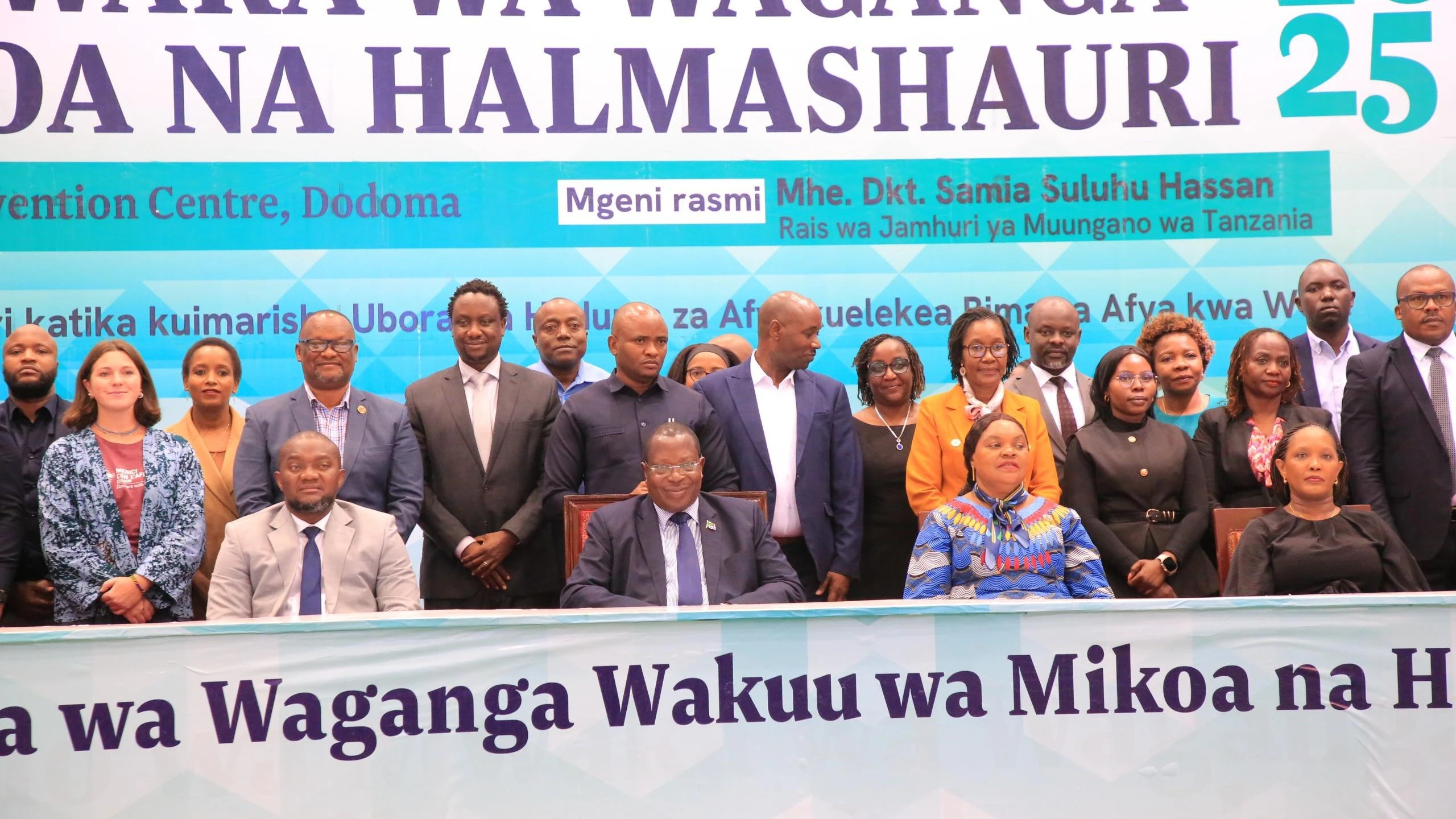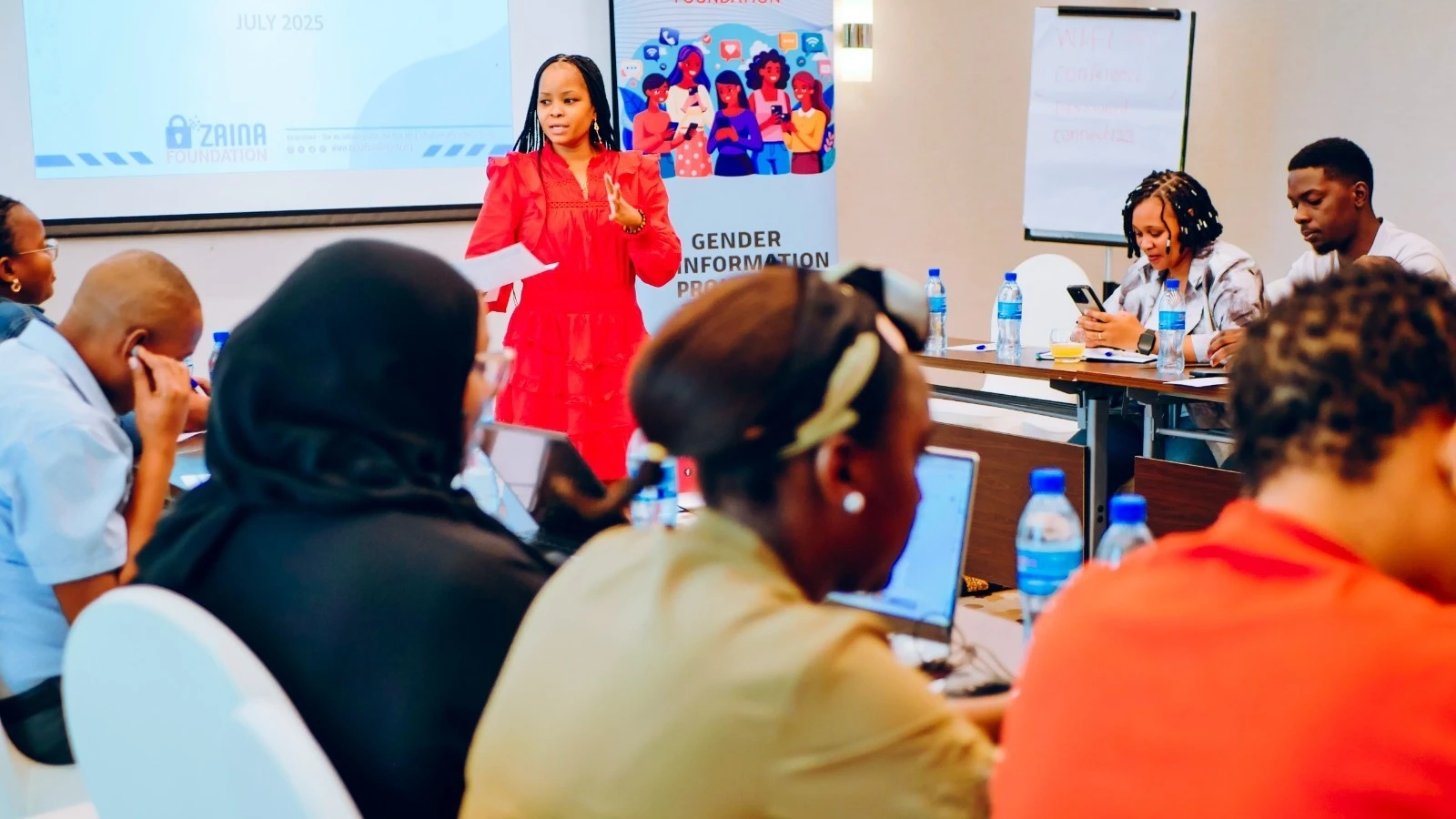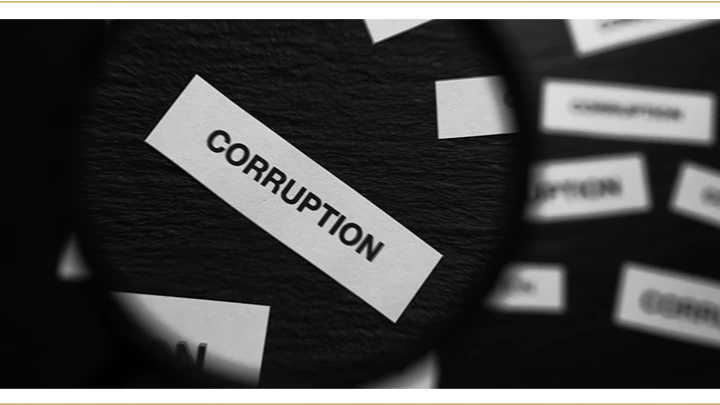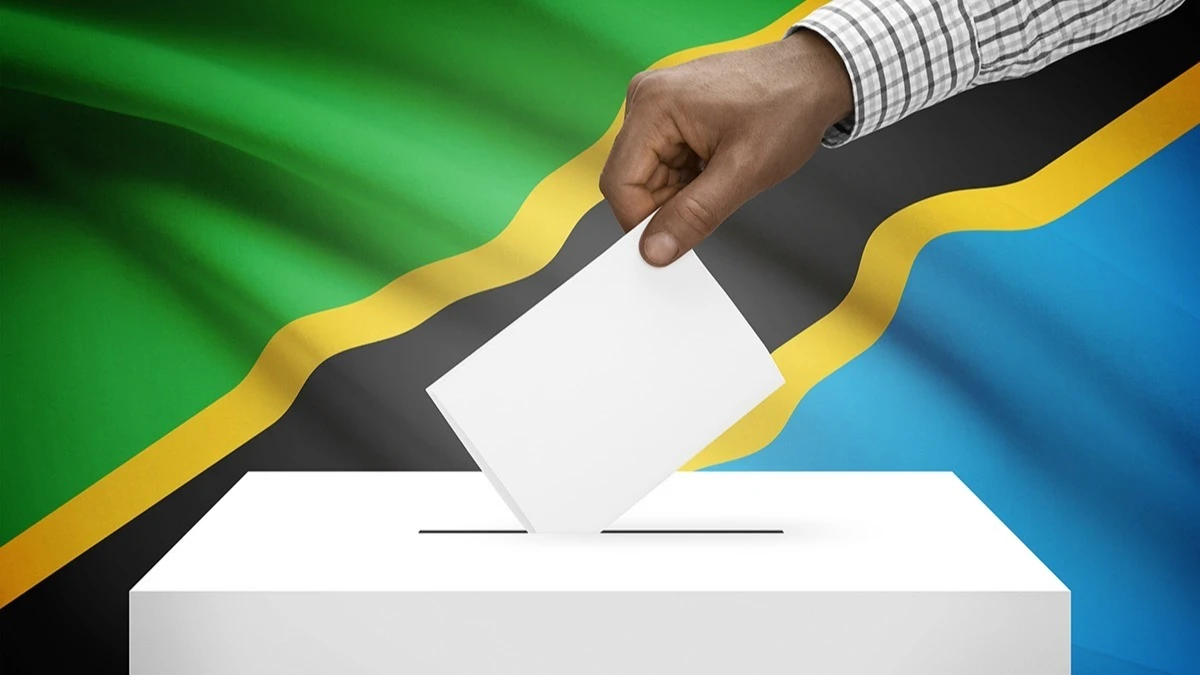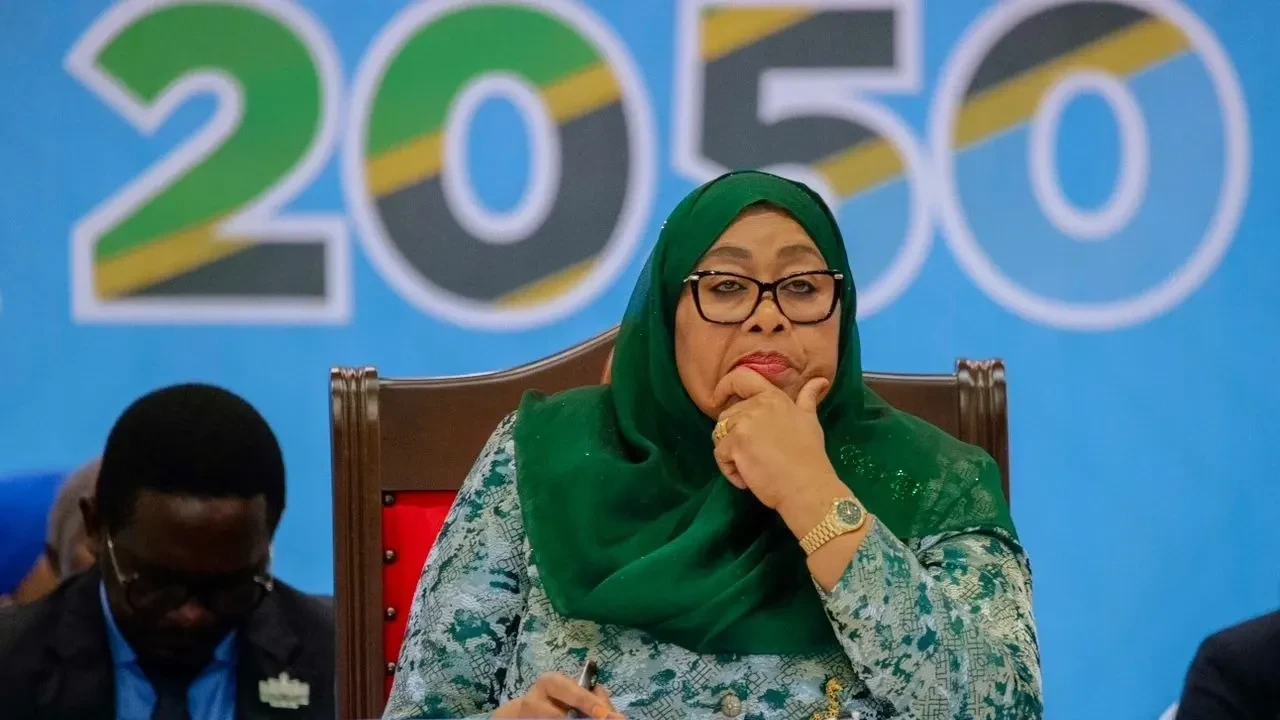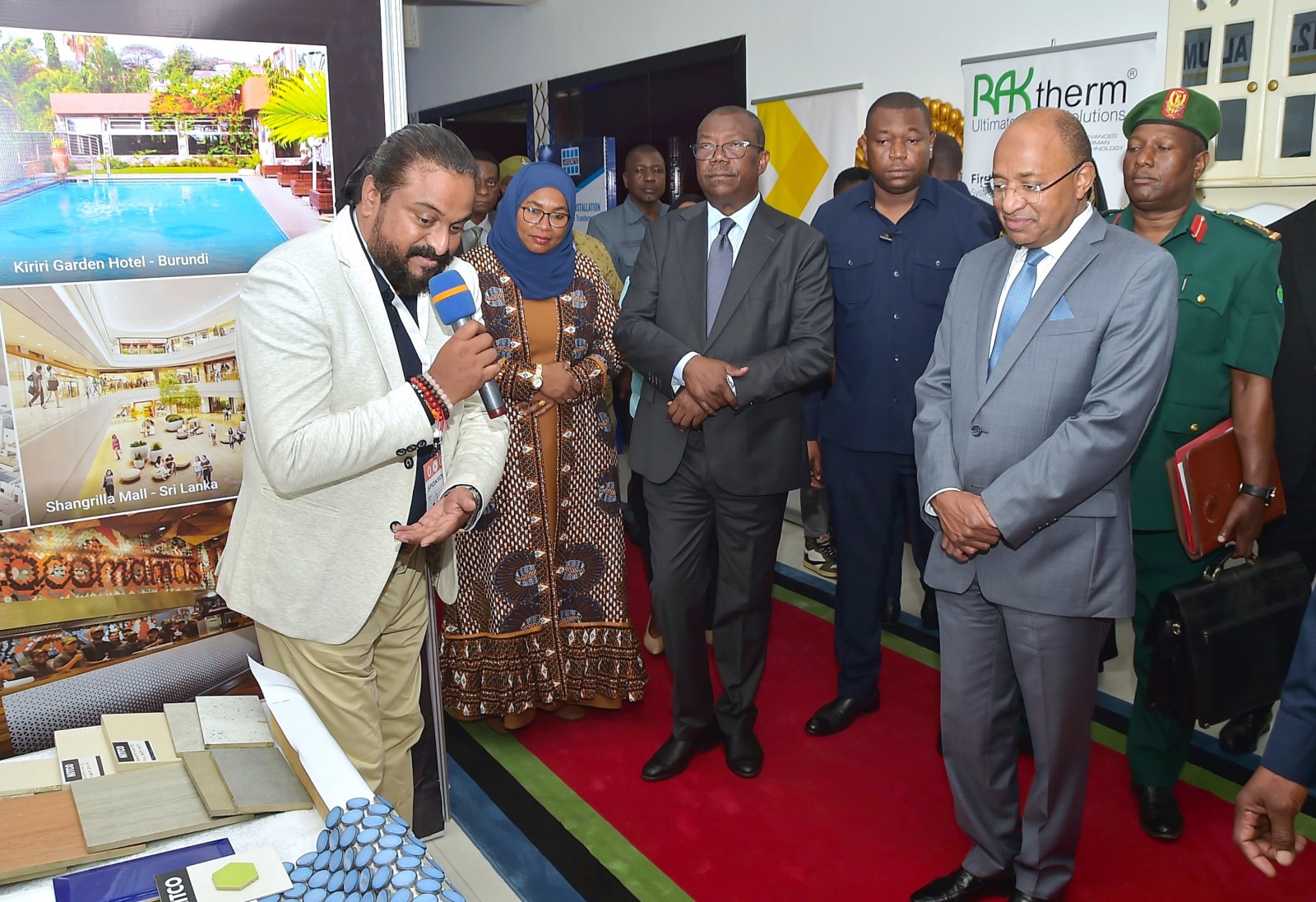Bouyant Rwanda and disappointed DRC:Pros and cons of the US-led peace accord
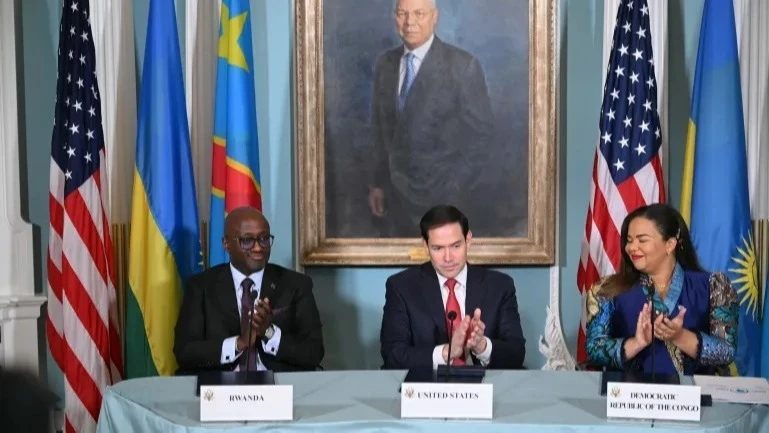
THERE is an expression that actions speak louder than words, in which case the sort of gestures that people make at a high table in public often tell their state of emotion better than official statements they make in signing this or that accord.
At times the discomfort is visible as in the infamous exchange between the visiting Ukrainian President Volodymir Zelenskyy and his hosts, US President Donald Trump and the vice-president, JD Vance. Matters reached such a point that the live meeting, aired on numerous television channels, was cut short and the Ukrainian leader asked to rapidly vacate the eastern wing of the White House he was staying.
For many in East Africa in particular, watching the recent signing ceremony for a peace deal between the Democratic Republic of Congo (DRC) and Rwanda had some unforgettable scenes. The pointed moment was when the deal has just been signed by the Rwandese and then the DRC foreign minister, and counter-signed by the US and Qatar broker states, where the top official at the ceremony was US Secretary of State Marco Rubio.
After the signing everyone was clapping at the front table except the DRC minister, a lady for that matter, and twice or thrice the US top diplomat tried to nudge her to also applaud but she was firm and decided.
That is where this expression comes in, owing to the fact that to take the Rwandese and Congolese statements by their respective ministers and seek to draw out any specific divergences of sentiment might indeed be valid, but not convincing.
But if one says that the Rwandese top delegate was vividly elated by this outcome and the Congolese delegate visibly disappointed and unable to applaud the signing despite the confetti and ceremony, it provides greater clarity as to where the two ministers actually stood on the deal. The Rwandese were bolstered while DRC was dwarfed.
A marginal diplomatic event outside the signing ceremony was the manner in which the US leader, Donald Trump, complained on his social media account that the Norwegian Nobel Prize committee have no intention of nominating him for its peace prize despite this accord.
This reflection added to recrimination in the posting on the way the committee failed to nominate him for its peace prize following signing of the Abraham Accords during his first tenure, enabling a few Gulf States to rectify ties with Israel.
The committee would presumably have been more interested in a pact involving the Palestinians, who have numerous sympathizers especially in the Nordic and Iberian countries, to the far north and south western parts of Europe.
Both countries appeared to accept the fact that merely signing a peace accord opens a new chapter in the runaway crisis unfolding over the past few months, and at risk of upending the stability of the Congolese state now that former president Joseph Kabila is de facto part of the political alliance surrounding M23 armed units.
It is unclear if what displeased the DRC authorities on the way the deal was finalized is the lack of explicit mention of Rwanda taking out its forces, just demanding that all irregular armed groups be disarmed. That ought to involve ex-Hutu militants and the younger generation of those whom France enabled to exit to eastern DRC in 1994.
There was similarly a measure of displeasure in a number of African capitals at least on social media, in that African efforts failed to sort out the quagmire in eastern DRC and then it is ably handled by Qatar and the United States.
This displeasure is pain arising out of an illusion, in the view that as Africans we are closer to the two countries and we could have talked to them and they comprehend. There is an ancient animosity of Arabs especially given what is happening in the Sudan where horse riding raiders have turned into a state militia now fighting to take over power.
Distrust of the United States has been there all the time since independence and especially with the unfolding of guerilla wars to rid southern African countries of white minority rule. Despite two or three decades of ostensible reforms, legions of African academics, activists and the media routinely deride Western countries in a mixture of nationalist ideology and welfare state socialism, where private ownership of everything as in the United States is held to be unacceptable.
There are other sources of animosity for the US, especially among militant ideologists that earlier believed capitalism will be defeated, and scores at the moment still believe that Israel will be defeated as some millennial texts suggest, and the US is its main fort.
In that case it can be said that Africans would have been a lot more at peace if the bilateral peace accord would have been reached by the United Nations, or at any rate the African Union, as at that moment they could talk of it proudly,
One reason is this illusion that reaching a peace deal is a matter of diplomacy, and thus the idea that it is Qatar and the US which brokered the deal imply that Africans aren’t as intelligent thus an Arab-American link was sought in order to solve the problem, which is plainly a misconception. The US, Qatar have ability to affect interests of the two sides, so if either side seeks to talk to the US as the world’s leading power, making a difference in a country’s prospects, the country may need to talk to Qatar.
The peace deal is thus sobering for African sensitivity, to bring home a truism they have always known but refuse to admit. The sort of ideology taught in classrooms make out Africans as one people and their liberation allies to be eastern powers, notably China and Russia. In the wake of the Trump tariffs most of this cobweb ideology for instance what is known as BRICS comes tumbling down, as all those strategic options being tried by BRICS allies, including the wars they foment or tolerate, were all tied to earnings from the now secluded US market, to sharp curses.
Top Headlines
© 2025 IPPMEDIA.COM. ALL RIGHTS RESERVED











